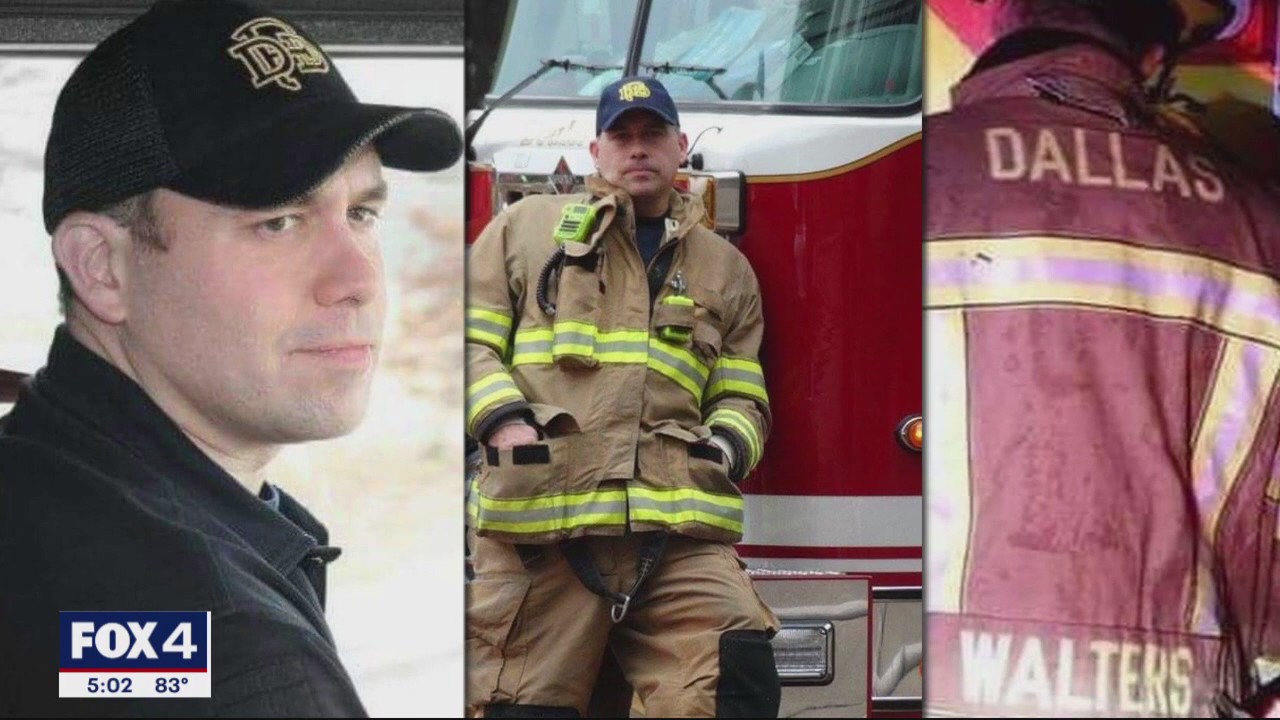Bill passed increasing pension payout for Dallas first responders who die from occupational illnesses

Bill ups payout for first responders who die from illnesses
A fight to fix death benefits for Dallas first responders who die not because of occupational hazards is over.
DALLAS - A fight to fix death benefits for Dallas first responders who die not because of occupational hazards is over.
Their deaths will now be considered line of duty deaths and their surviving family members will receive full benefits.
The bill will give surviving family members of first responders who die as a result of occupational illness the same benefits as a police officer who is shot and killed in the line of duty or a firefighter who dies in a building collapse.
"It's helping 40-something families, and then what it means the most to me is that no one else will have to do what I've had to do," Kristi Walters said.
Walters fought since 2018 to get full benefits for her family and others like hers.
Her husband, firefighter David Walters - who the bill is named for - died from a heart attack, but it wasn’t at a fire call or fire house.
His death was not considered a line of duty death, even though exposures to toxins over his career contributed.
This law changes that.
"Under the law previously, they were only entitled to 50% of the benefits," said State Rep. Julie Johnson (D-Dallas).
Rep. Johnson wrote the bill, which allows survivors to receive 100% of eligible benefits.
"We're really proud to be able to offer this and take care of the families," Johnson said. "You know, they’ve made the ultimate sacrifice with their loved ones, who've lost their lives by protecting us and keeping us safe. The least we can do is make sure that their families are taken care of after they're gone."
The bill acknowledges the health hazards especially firefighters are exposed to can contribute to illness and death.
Republican State Rep. Frederick Frazier, a Dallas police officer, joined bill author Johnson, and said that part is important.
"There's other contributing factors that go into the makeup of a first responder passing away in the line of duty, and this comes back and grabs them," he said. "It’s not very many folks, but the folks that are here, we want to make sure that we are honoring the legacy of their loved one."
"Now it’s going be easier on somebody. They can grieve properly and have a little bit of peace while they think about that new that’s coming along," Walters said.
Once the governor signs the bill, those who die as a result of occupational illnesses will be viewed as line of duty deaths. Those surviving family members, though, must prove their death was caused by those occupational exposures.


